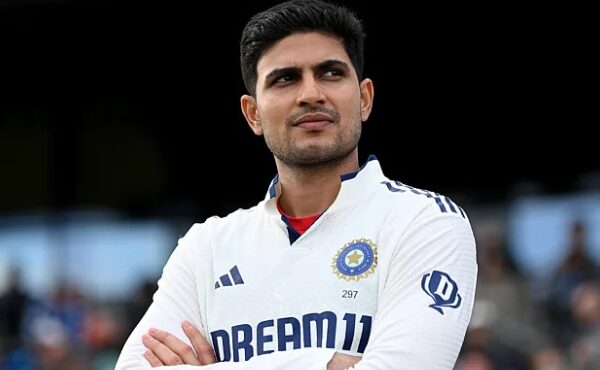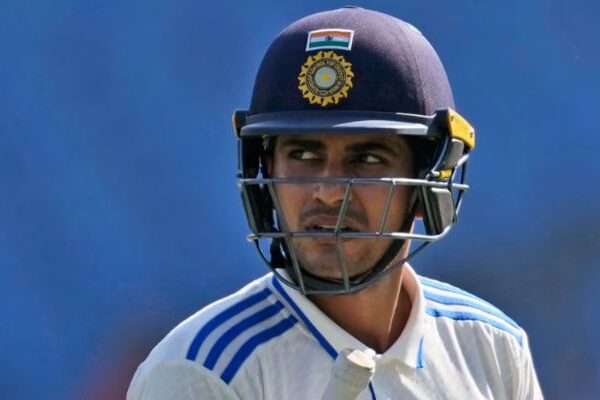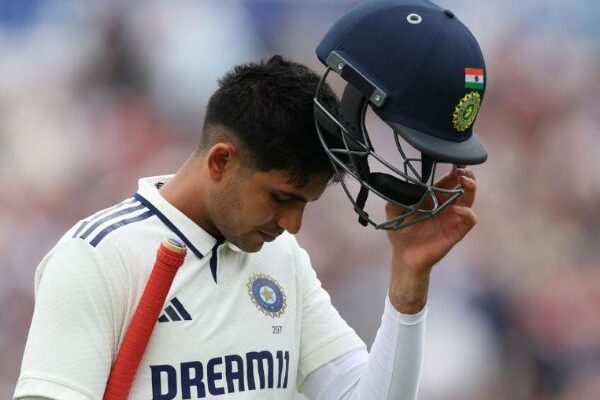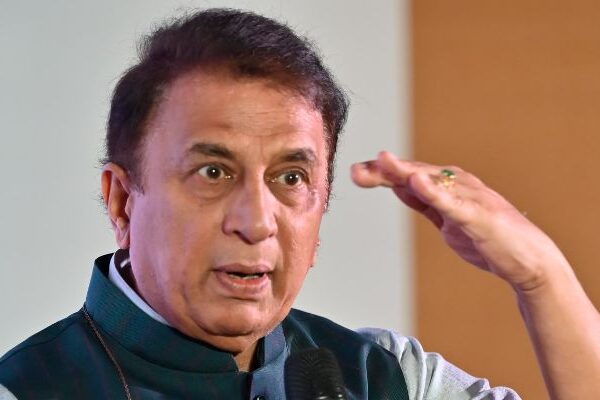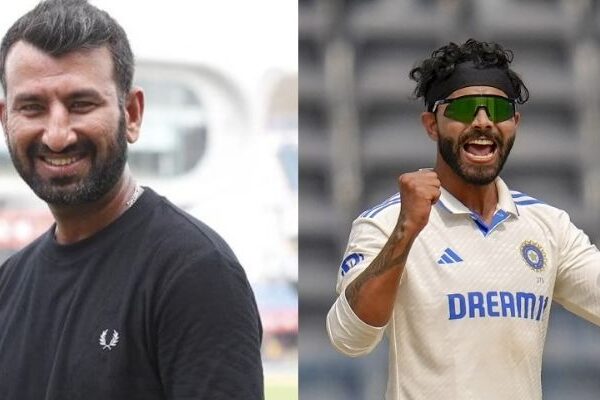Sunil Gavaskar – The Trailblazer Who Shaped India’s Batting Legacy
Sunil Manohar Gavaskar (born 10 July 1949) is widely regarded as one of the most technically sound and mentally resolute batsmen in the history of cricket. Revered as “The Little Master,” Gavaskar laid the foundation for India’s rise in international cricket, facing the world’s fastest bowlers with composure and class.
Early Life and Background
Born in Bombay (now Mumbai), Maharashtra, Gavaskar was drawn to cricket from a young age. He studied at St. Xavier’s High School and later graduated from St. Xavier’s College, where his cricketing brilliance quickly became evident. His early achievements in school and university cricket earned him a spot in the Bombay Ranji Trophy team — and soon after, a call-up to the national side.
International Debut and Breakthrough
Gavaskar made his Test debut against the West Indies in March 1971 and made an immediate impact on the global stage. In his maiden series, he scored a staggering 774 runs in just four Tests, showcasing exceptional technique, patience, and temperament against the world’s most hostile bowling attack. That series win marked a turning point in Indian cricket history, with Gavaskar as its cornerstone.
Career Highlights
-
First cricketer to surpass 10,000 Test runs
-
Scored 34 Test centuries – a world record until it was broken by Sachin Tendulkar
-
Played 125 Test matches and 108 One Day Internationals
-
Represented India in four Cricket World Cups (1975, 1979, 1983, 1987)
-
Served as India’s Test captain in 47 matches
Gavaskar’s ability to play long innings under pressure made him a symbol of resilience. He often stood tall against legendary fast bowlers like Michael Holding, Malcolm Marshall, and Andy Roberts at a time when protective gear was minimal.
ODI Career and World Cup Appearances
Though Gavaskar was best known for his performances in Test cricket, he also played a significant role in India’s early ODI campaigns. Notably, he scored an unbeaten century (103*) against New Zealand during the 1987 World Cup, proving his adaptability in the shorter format.
Captaincy and Leadership
Gavaskar led India through a challenging phase in the late 1970s and early 1980s. Under his leadership, India recorded historic victories, including a series win against England in 1986. While his captaincy was often seen as cautious, it was also marked by tactical acumen and an emphasis on discipline and self-belief.
Post-Retirement Contributions
After retiring from international cricket in 1987, Gavaskar transitioned into a successful career as a:
-
Cricket commentator and analyst, known for sharp insights and historical perspective
-
Columnist and author of multiple books on cricket, including his autobiography “Sunny Days”
-
Cricket administrator, serving as BCCI interim president during the 2014 IPL
He has remained a vocal and influential voice in cricketing affairs, continuing to mentor and critique the modern game with authority.
Awards and Honours
-
Padma Bhushan and Padma Shri – among India’s highest civilian honors
-
CK Nayudu Lifetime Achievement Award by the BCCI
-
ICC Cricket Hall of Fame inductee (2009)
-
A stand named in his honor at Wankhede Stadium, Mumbai
Legacy and Impact
Sunil Gavaskar didn’t just score runs — he changed perceptions. He showed the world that Indian batsmen could excel against the very best, even in foreign conditions. His focus on technique, preparation, and mental strength has inspired generations of cricketers.
From Sachin Tendulkar to Rahul Dravid, many Indian greats have cited Gavaskar as their cricketing inspiration. His legacy is etched in every Indian opener who dares to dream big on the world stage.
